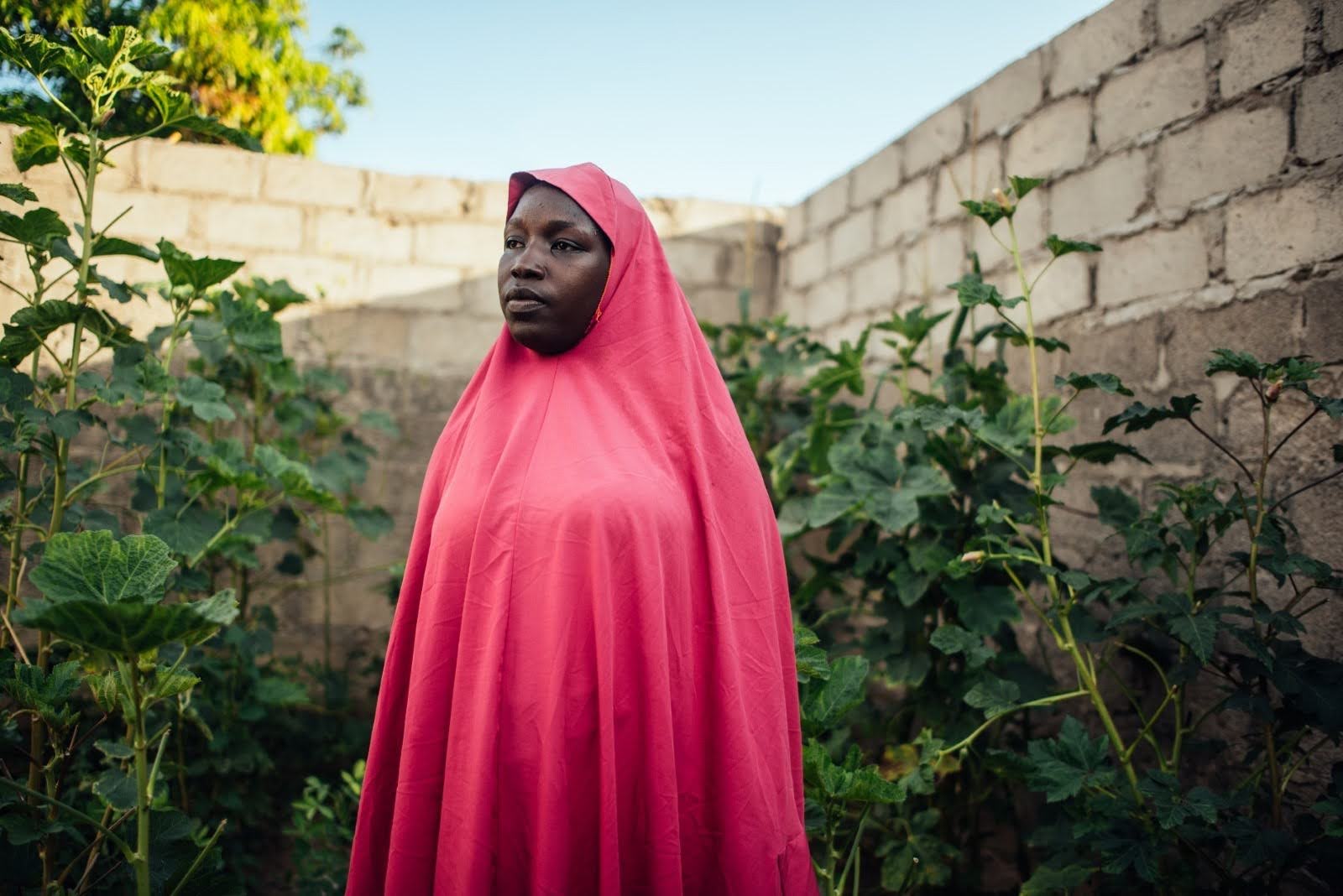
Generating evidence on self-managed contraception in humanitarian settings
Identify existing self-managed contraception practices, entry points and challenges in Borno and Adamawa States in Northeast Nigeria and increase access to self-managed family planning.
Mixed Methods Research Study on Self-Managed Family Planning
Existing evidence on self-managed family planning has primarily been generated in stable contexts and does not extensively address programmatic or contextual considerations in humanitarian settings.1 In addition, the evidence base largely reflects single-product/service programming - i.e., a standalone injectables program. There are few integrated self-care interventions that package and deliver a comprehensive SRH self-care program and none have been implemented in humanitarian settings. Yet, we know clients often have a range of SRH needs and delivering integrated services may help improve the range, use, and quality of different SRH self-care interventions, including self-managed family planning.
IRC Nigeria is launching new formative research in Borno and Adamawa states to better understand how different self-managed FP products and practices can be packaged, promoted, and delivered to feasibly offer a holistic suite of family planning options for both women and adolescent girls in humanitarian settings. Specifically, the study will aim to:
- Understand how displaced women and adolescent girls currently practice self-care, with specific attention to self-managed family planning.
- Identify women and adolescent girls’ preferences and needs for different self-managed family planning products and preferred delivery mechanisms.
- Identify entry points for delivering integrated self-managed family planning packages at the community and health facility levels.
- Describe men and adolescent boys’ perspectives on self-managed family planning and identify the role(s) if any, that male partners currently play or can play in supporting access and use of self-managed family planning.
- Identify promising strategies for overcoming health system challenges for future integrated self-managed family planning programming.
Testing new solutions for increasing adolescents’ access to self-managed family planning
IRC Nigeria has adapted and will soon implement the family planning eligibility card, a solution developed by IRC’s design and behavioral science teams for use in Ugandan refugee camps aimed at addressing common barriers adolescents face in using self-managed family planning.
Family Planning eligibility cards for adolescents mitigate medical eligibility screening challenges, promote a wide range of self-managed contraceptive products, support adolescent confidentiality, and move service provision beyond the health facility: A contraceptive eligibility card issued by midwives after screening girls at the end of health education sessions. These cards show girls the suite of contraceptive methods they are eligible for, distinguishing those that may need a health worker vs. those that can be self-administered. With the card, girls can pick up self-managed contraceptives from a diverse range of distribution points (such as the out-patient facility-based pharmacy, community health workers, and drug shops) by simply pointing at any of the SMCs they are eligible for – with no further questions by providers.
The FP eligibility card will be implemented and evaluated as part of a wider self-managed contraception program where we will promote women’s discovery of FP, access to contraceptives, and management of changes and side effects at multiple distribution and contact points with providers through partnerships with mobile and fixed health clinics, community health volunteers in camps, Proprietary Patent Medicine Vendors (PPMVs) and chemists in the host community.
Advocating for changes in national and global policy
As interest and investment in SRH self-care increase, we recognize the importance of ensuring an enabling environment for sustainable systems change. To this effect, alongside our research and innovation around self-care, we are also prioritizing strategic advocacy efforts to decentralize the power and relationships that currently control mechanisms for self-care delivery. This means ensuring that humanitarian guidelines are inclusive of family planning self-care and advocating that the countries pioneering national self-care guidelines and implementation strategies include humanitarian considerations that strengthen client resilience and ensure continuity of care in the face of increased conflict, climate-induced disasters, and epidemics. We will mobilize high-level partners at the national and global levels to provide specific guidance for at-risk populations in humanitarian settings. With our targeted advocacy efforts, we will triangulate research questions and findings with national Ministry of Health policies and global WHO guidelines to ensure that the evidence generated will accelerate positive change for clients and advocate for a strengthened health system.
1 Dawson A, Tappis H, Tran NT. Self-care interventions for sexual and reproductive health in humanitarian and fragile settings: a scoping review. BMC Health Serv Res. 2022 Jun 7;22(1):757. doi: 10.1186/s12913-022-07916-4. PMID: 35672763; PMCID: PMC9172979.